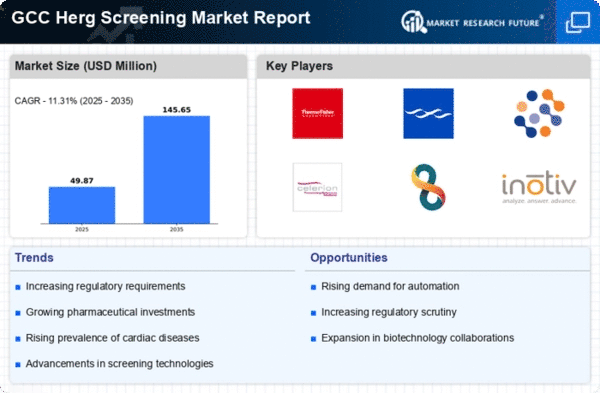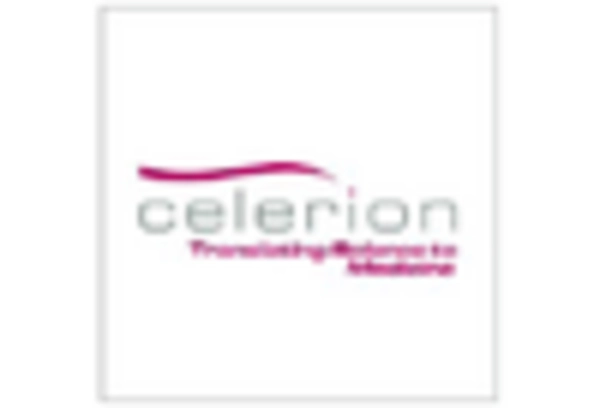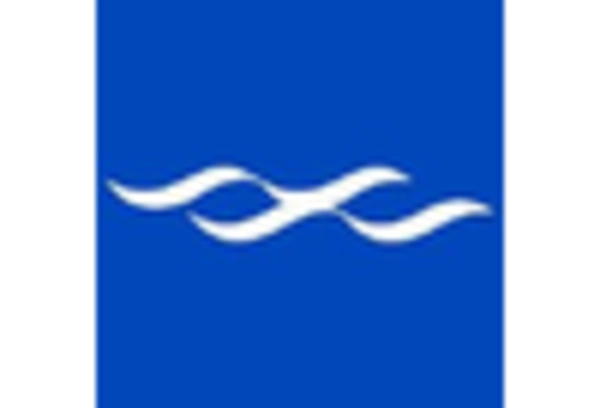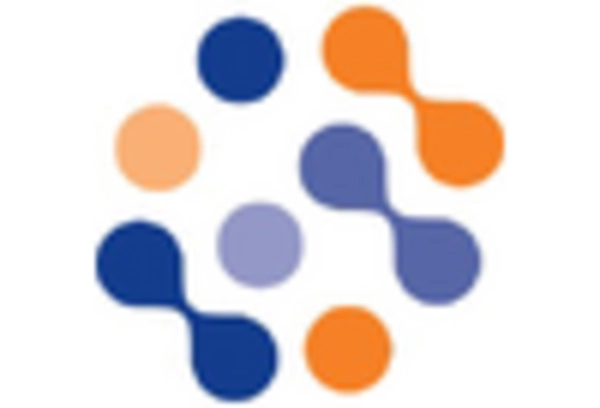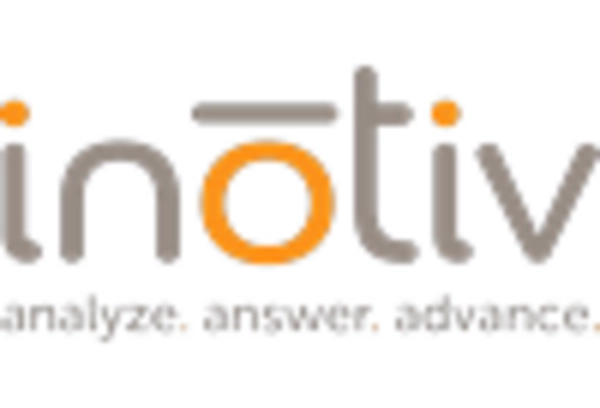Growing Awareness of Drug Safety
The herg screening market is benefiting from a growing awareness of drug safety among healthcare professionals and patients in the GCC. As the public becomes more informed about the potential risks associated with medications, there is an increasing demand for thorough safety evaluations, including herg screening. This heightened awareness is prompting pharmaceutical companies to prioritize cardiac safety in their drug development processes. The herg screening market is likely to see a rise in demand for screening services and technologies as stakeholders seek to ensure that new therapies do not pose undue risks to patients. This trend may lead to innovative solutions and partnerships aimed at enhancing drug safety.
Regulatory Framework Enhancements
The herg screening market is influenced by ongoing enhancements in regulatory frameworks across the GCC. Authorities are increasingly mandating comprehensive cardiac safety assessments for new drugs, which has led to a greater emphasis on herg screening. These regulatory changes aim to protect public health by ensuring that potential cardiac risks are identified early in the drug development process. As a result, pharmaceutical companies are compelled to invest in herg screening technologies to comply with these regulations. The herg screening market is thus likely to expand as companies adapt to the evolving regulatory landscape, ensuring that their products meet stringent safety standards.
Investment in Pharmaceutical Research
The herg screening market is bolstered by substantial investments in pharmaceutical research and development within the GCC. As governments and private entities allocate resources to enhance drug discovery processes, the need for reliable screening methods becomes paramount. The GCC region has seen a marked increase in R&D spending, with estimates suggesting a growth rate of over 10% annually. This influx of funding is likely to facilitate the adoption of advanced herg screening technologies, ensuring that new therapeutics are both effective and safe. Consequently, the herg screening market stands to gain from this trend, as pharmaceutical companies prioritize cardiac safety in their development pipelines.
Rising Incidence of Cardiac Disorders
The herg screening market is experiencing growth due to the increasing prevalence of cardiac disorders in the GCC region. As healthcare providers focus on improving patient outcomes, the demand for effective screening methods has surged. Reports indicate that cardiovascular diseases account for a significant portion of mortality rates in the GCC, prompting regulatory bodies to emphasize cardiac safety in drug development. This trend is likely to drive investments in herg screening technologies, as pharmaceutical companies seek to mitigate risks associated with drug-induced arrhythmias. The herg screening market is thus positioned to benefit from heightened awareness and proactive measures aimed at addressing these health challenges.
Technological Integration in Healthcare
The herg screening market is poised for growth due to the integration of advanced technologies in healthcare within the GCC. Innovations such as artificial intelligence and machine learning are being utilized to enhance the accuracy and efficiency of herg screening processes. These technologies enable faster data analysis and improved predictive modeling, which are crucial for assessing cardiac safety. As healthcare systems in the GCC adopt these technological advancements, the herg screening market is likely to experience increased demand for sophisticated screening solutions. This trend suggests a future where herg screening is not only more effective but also more accessible to pharmaceutical companies and researchers.


